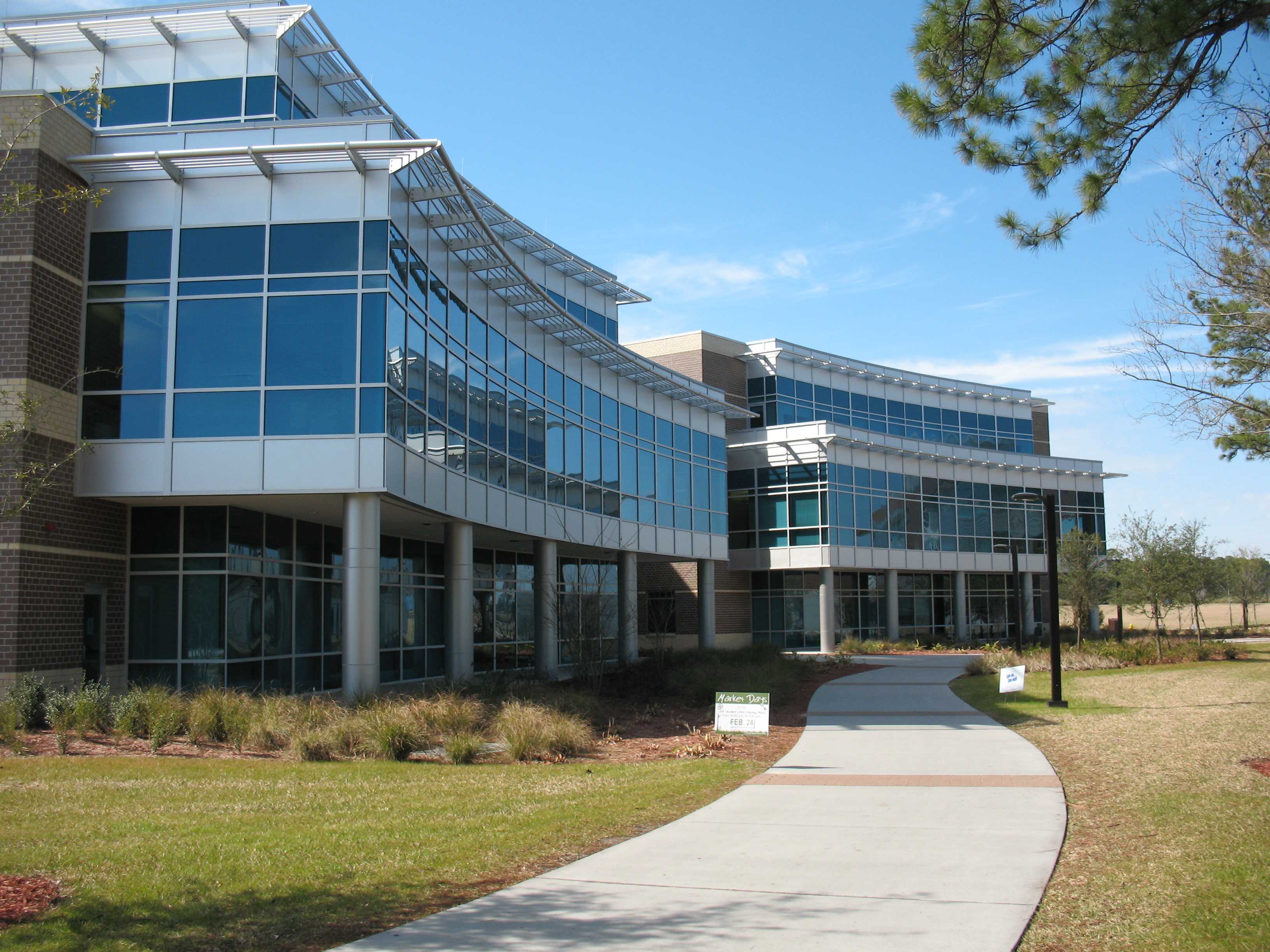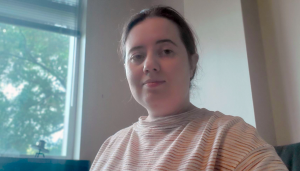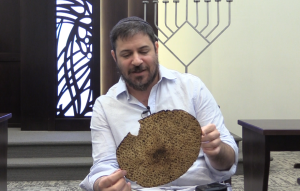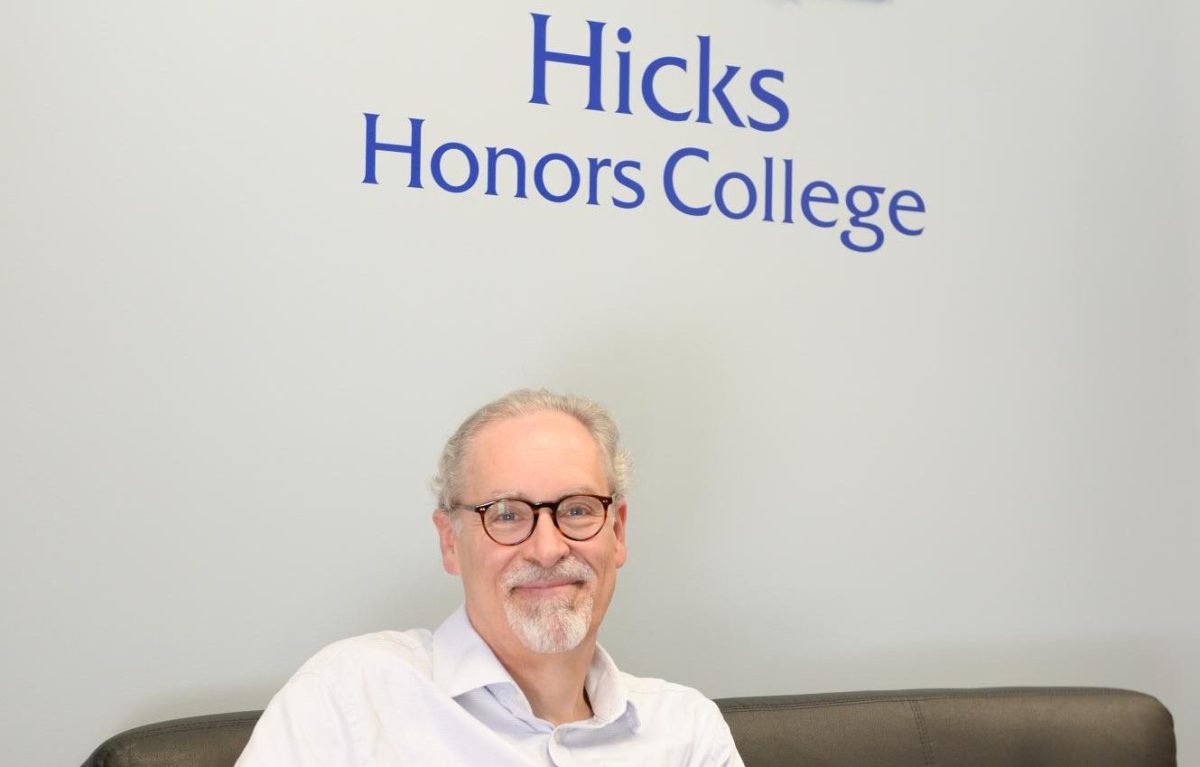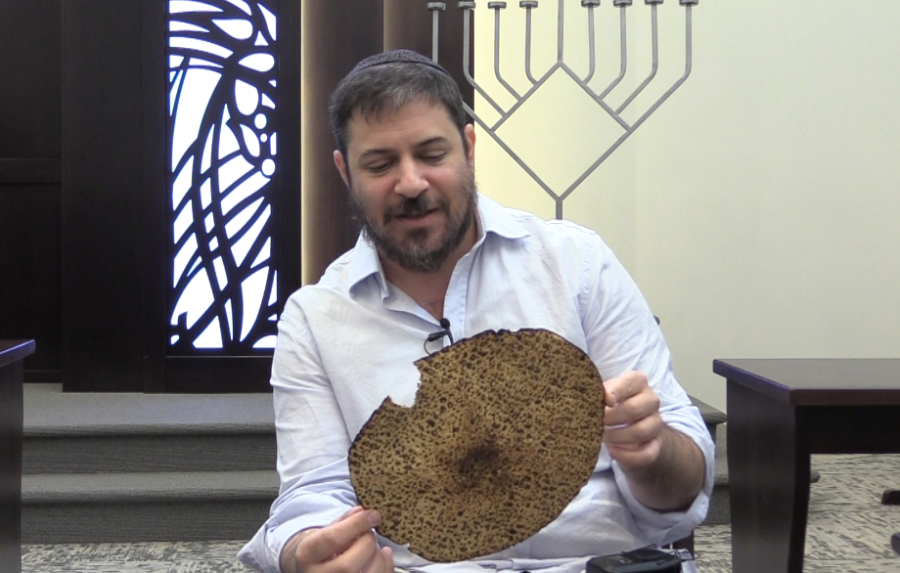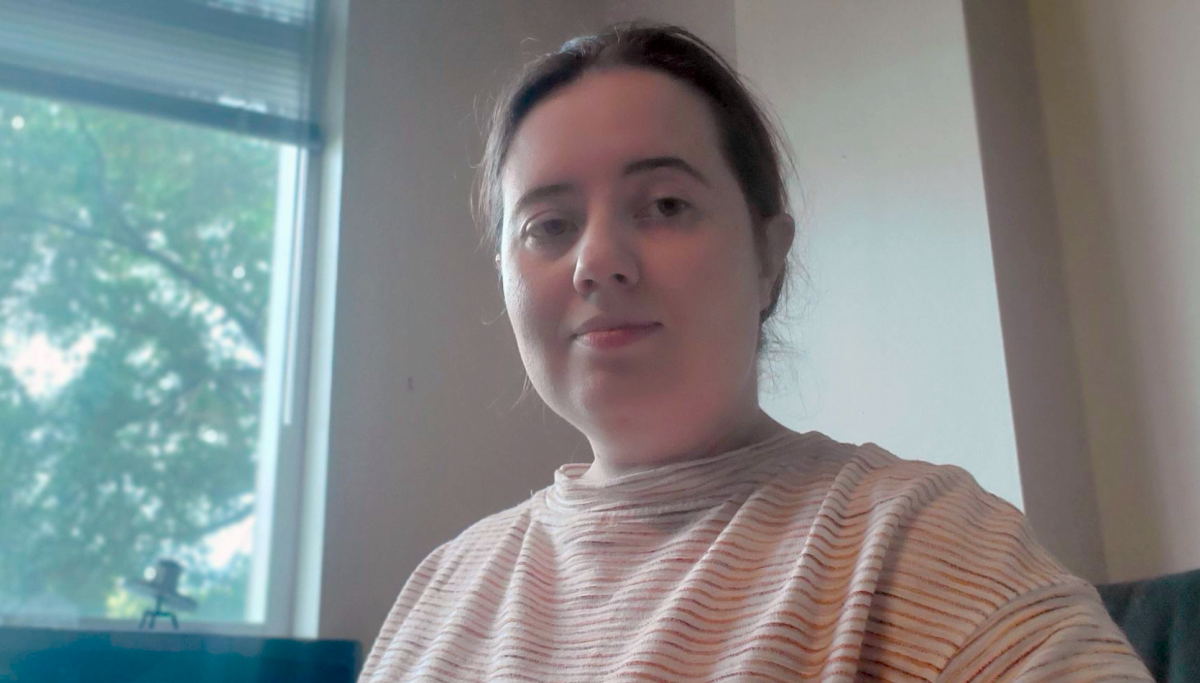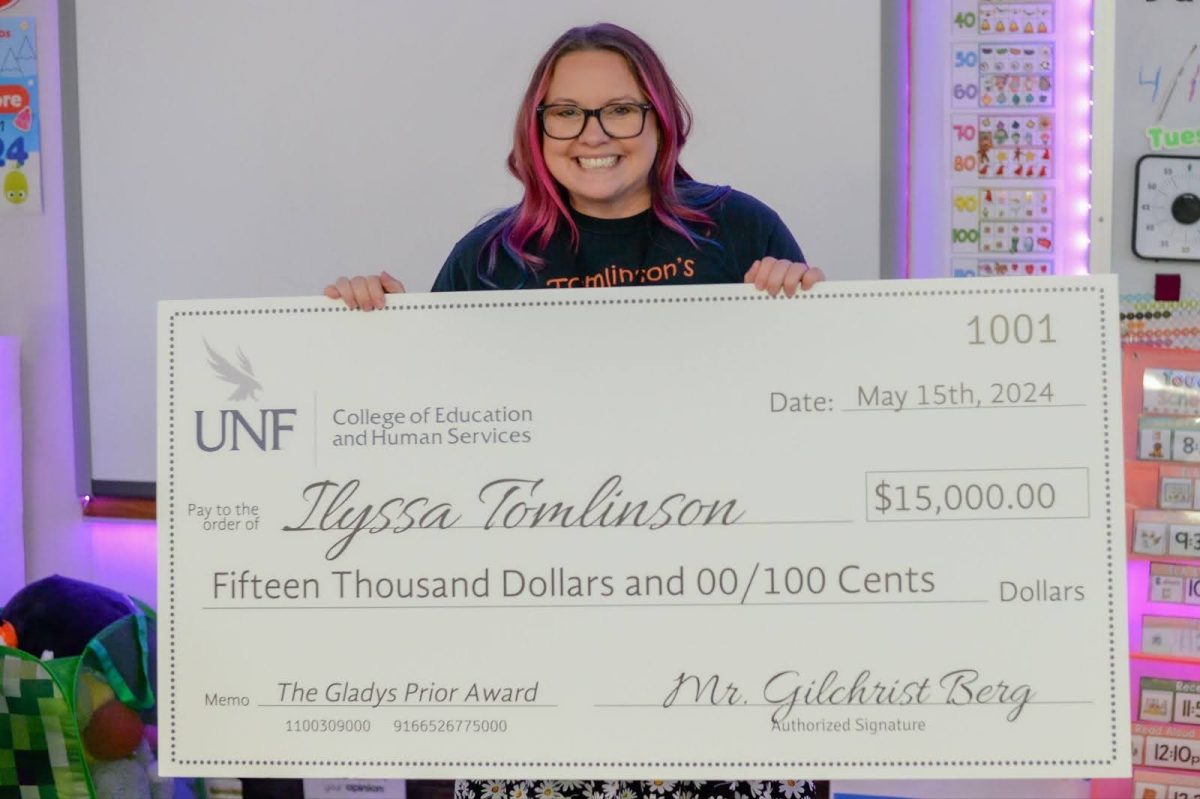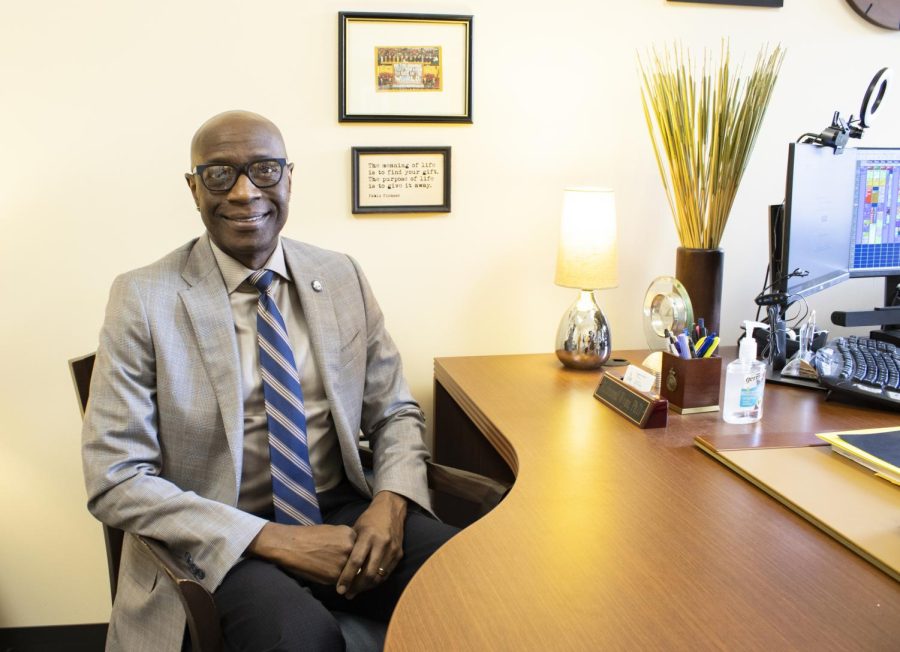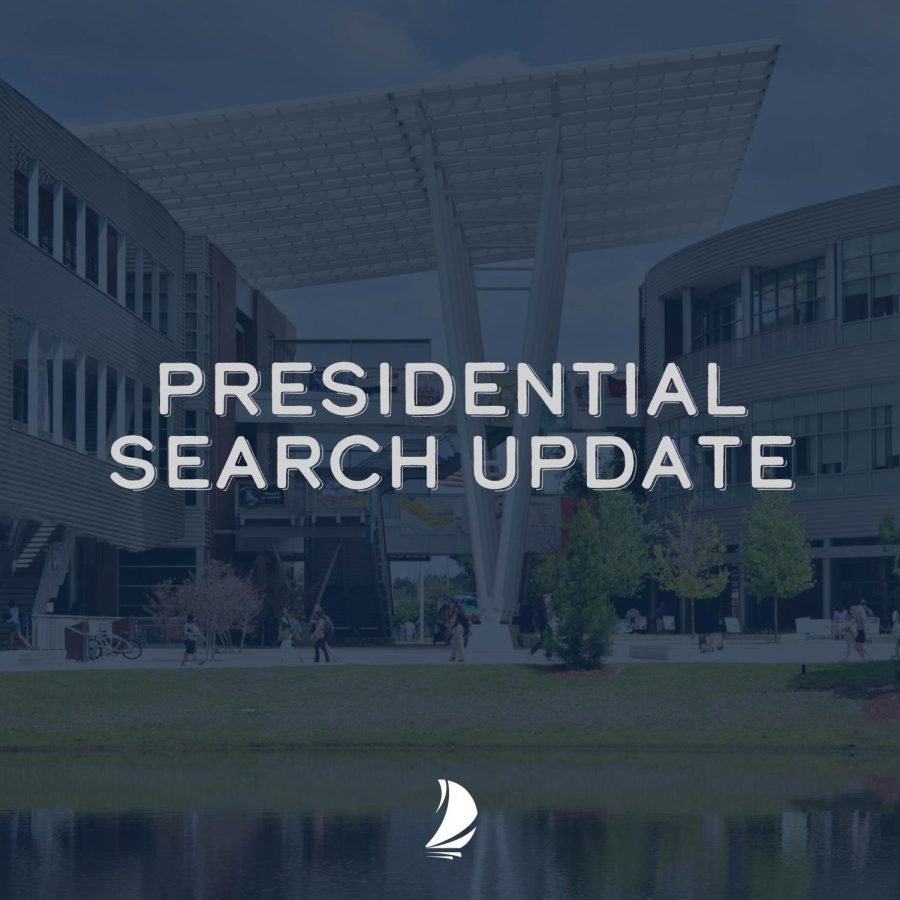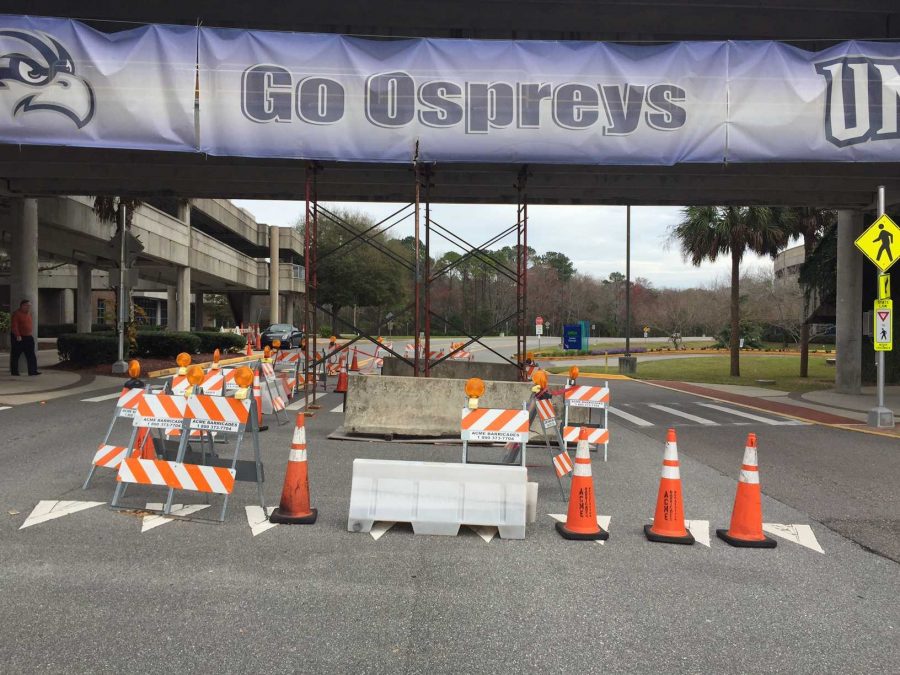By: Hope Griffin, Contributing Writer
UNF Associate Professor of Communication John Parmelee held a presentation at the Student Union April 3 emphasizing Twitter’s impact on national politics.
His book, “Politics and the Twitter Revolution: How Tweets Influence the Relationship between Political Leaders and the Public,” details the five ways Twitter affects the political realm.
Twitter does so by affecting users’ political views, allowing political leaders to easily spread their messages, teaching political leaders brevity, promoting and inhibiting political polarization and acting as a soapbox by encouraging activism and political discourse.
Parmelee’s research revealed that beliefs held by certain groups, such as women, are more heavily influenced by political leaders than anyone else in their social circle — aside from friends who have a similar influence.
Almost 90 percent of participants said they sometimes look for information in the links provided in political leaders’ tweets, Parmelee said. And with a 140 character limit, this means they have to present their ideas clearly and concisely.
Twitter also promotes activism and political discourse, in that followers want to be more than mere receivers of information. Twitter allows them to ‘retweet’ and personalize their tweets, so they reach specific individuals.
Twitter has surpassed Facebook in its political influence because it is more conducive to politically-related discussion, Parmelee said.
“We don’t use Facebook for politics, we use it for social interaction,” he said.
For instance, President Barack Obama, Republican presidential candidate Mitt Romney and recent Republican candidacy dropout Rick Santorum all have active Twitter accounts.
UNF student Evan Stermer said Parmelee’s presentation was eye opening and informative. Stermer said he has never used Twitter because he wasn’t aware of the impact it has on politics.
“Twitter is a big part of the media, and I plan on setting up an account in the near future,” Stermer said.
Parmelee follows an array of political figures, so polarization doesn’t influence his research.
“I follow roughly and equally Democrats and Republicans. Also Libertarians, it’s not just two parties,” Parmelee said.
Parmelee said, in the future, he will continue his research on political journalists and how they use Twitter.
However, Parmelee said after he completes his current assignment, he will stray from Twitter-related research, as he has spent a substantial amount of time on the topic.
Email Hope Griffin at [email protected].


